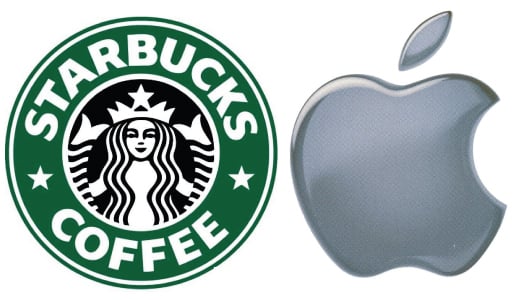
Knowing to whom you want to sell your services is as important as knowing what you’re going to sell, if not more. Think about it an airline...would WestJet or Southwest Airlines be as successful as they are if they were trying to sell their frill-free economy class seats to the wealthy first-class traveler? Starbucks and Apple only offer products priced well above the average for coffee or computers with people lining up to pay. In fact I’m enjoying my Venti-Americano as I write this. So what makes these companies so successful at whatever they do? They’ve defined their ideal customer so well that now we as consumers identify ourselves with their products.
The good news: your business can do this too.
When MSP business owners are asked to describe their ideal customer they give a wide range of answers, ranging from “the kind I can find” or “the kind that pays their bills on time” to some superlative customer that can be the saving-grace for their struggling business. These same business owners are also likely shelling out monthly to attract more. What’s usually and most troublingly overlooked are the following two simple ideas:
They have not defined:
1. whom they WANT as customers (buyer personas)
AND
2. whom they DON’T WANT as customers (negative buyer personas)
It can be easy to confuse the two, especially when cashflow is tight. But even worse, the customers we don’t want take up the most time and resources and will rarely help us grow a stable, profitable business beyond the short term.
So who is your ideal customer?
- Who has purchasing authority? Probably the CEO/COO/CFO.
- What problems can your IT managed services provider solve for them? Hint: these problems need to be in their language...they probably don’t think about the technology of virtualization or the cloud.
- Where do they look for solutions? Friends? Google? Who or what is their authorized source?
- How to they make purchasing decisions? Are they looking for a special price, a good customer testimonial or something else
- What size is the company? How many seats? 10, 50 or 100+ positions?
- What is their level of technical complexity? Do they need any industry specific solutions?

We need to also consider that most businesses have a few different buyer personas. It’s wise to define as many as you need and key your inbound marketing efforts toward each of them specifically. We also need to define the ones we don’t want. Just don’t be afraid to rule out or “fire” a few prospective customers. Focus will serve your business well in the long term.
Where can your ideal customer be found?
Every business has problems and every problem has a solution, ultimately supported by some kind of technology you can offer. But don’t confuse the two...buyers care about the solution, not the technology. Don’t take my word for it...try having a conversation with someone in a language they don’t speak. You could both be thinking the same thing (the solution) but without translation (the technology) you’re not going to get very far.
Start speaking the same language in your inbound marketing and with your ideal customers and pretty soon they’ll be lined up to order Grande-Misto-Backups and Pumpkin-SaaS-Lattes!


